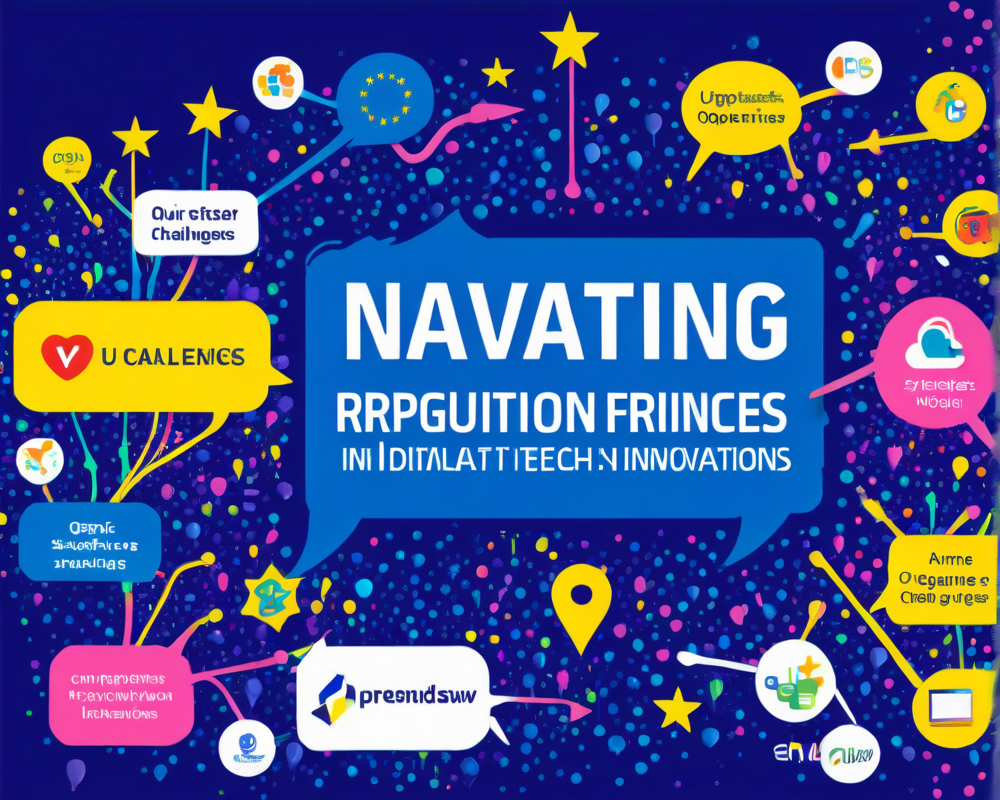The Digital Age Dilemma
As Margrethe Vestager, a powerful figure in the European Commission, graces us with her insights, it’s evident that the digital landscape is like a game of chess. Except, in this game, the rules are changing every few minutes, and someone forgot to include a guidebook! Vestager’s recent commentary at the Keystone Conference showcased how the race to regulate digital innovations like the metaverse and AI tools like ChatGPT is basically the regulatory version of trying to catch a speeding train.
Time is of the Essence
“We have certainly not been too quick to act,” Vestager stated, and she is absolutely right. It’s like watching a tortoise in a sprint against an energizer bunny. The rapid pace of technological advancement means that policies often lag behind. The key takeaway? We should take a moment to ponder how soon is too soon when it comes to legislation. Maybe we should start a countdown timer? Take notes, regulators!
Anticipating Future Innovations
With advancements come uncertainties, and Vestager has urged us to think about the future state of competition. What will healthy competition look like in the metaverse, where virtual reality and economics collide? More importantly, how will technologies like ChatGPT alter the dynamics of the marketplace? It’s probably time we draft an invitation for all the tech wizards to a brainstorming soirée!
Keeping an Eye on the Giants
In a direct nod to current economic giants, the European Commission plans to enforce antitrust investigations aimed at Meta. Yes, the Facebook saga continues, highlighting serious concerns about how they utilize advertisements and data from competitors. The metaphorical magnifying glass is on, and one can almost hear a collective gasp in the boardrooms of some tech companies.
Innovation Meets Regulation: A Sandboxed Approach
The European Blockchain Regulatory Sandbox is a glimmer of hope amid this chaotic landscape. Launched on February 15, 2023, this initiative allows for a collaborative space for innovators—a kind of regulatory ‘playground’ until 2026. It’s the kind of place where entrepreneurs can try on their new blockchain ideas without the fear of being eaten by the regulatory lions.
Future of Digital IDs
Then, there’s the idea of digital identities. Have you ever imagined a world where you can identify yourself online without the hassle of commercial providers? The introduction of zero-knowledge proofs is just that—a superhero placed strategically to swing in and save the day for privacy and security. This concept is gaining traction and could redefine how citizens interact online.
In Conclusion
While it might feel like the EU is in a labyrinth where every turn reveals new technology, the message from Vestager is promise-filled: we must be proactive, not reactive. The journey to regulate innovation is a challenging one but keeping the conversation alive about competition and compliance will lead to a healthier digital ecosystem. Let’s eagerly anticipate how this story unfolds!




